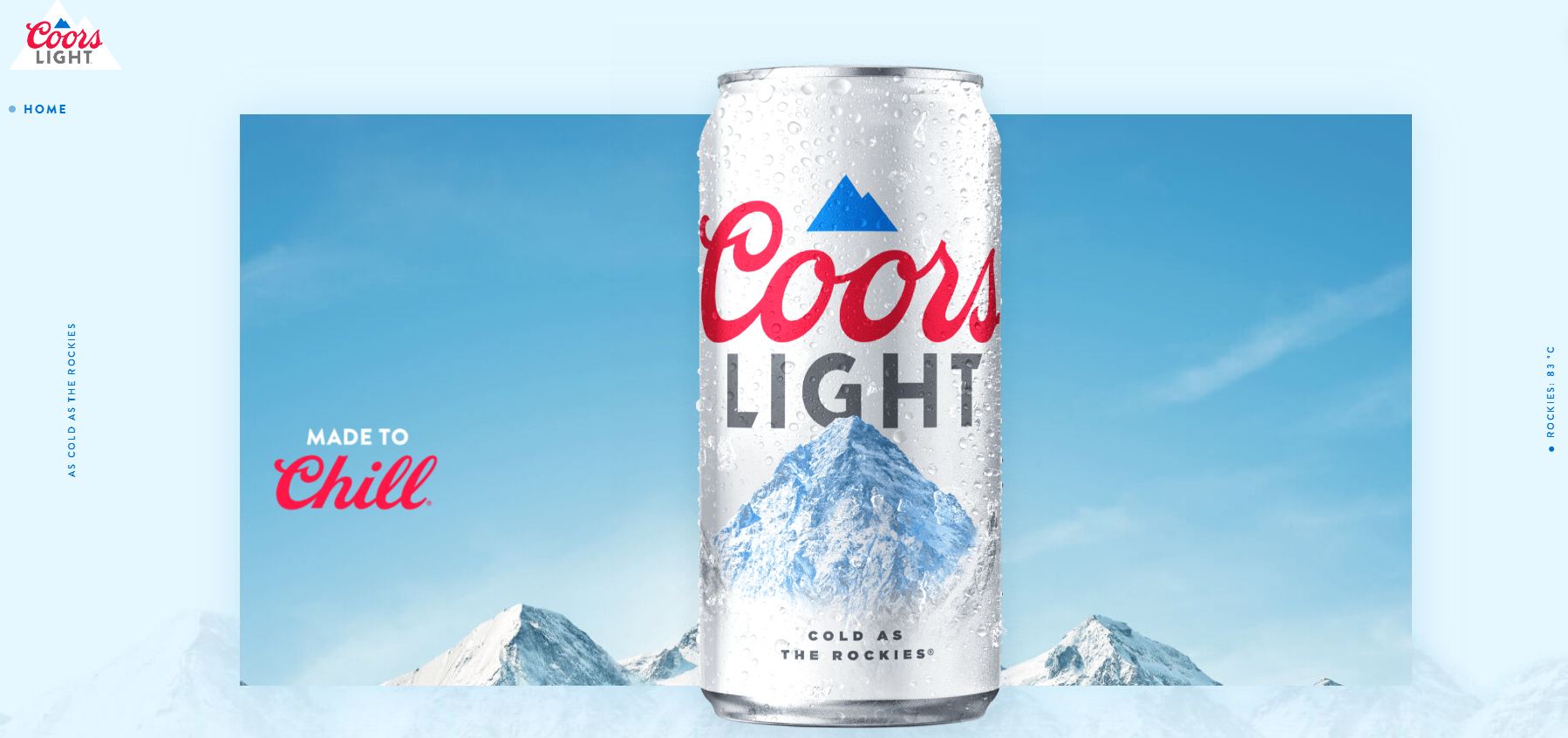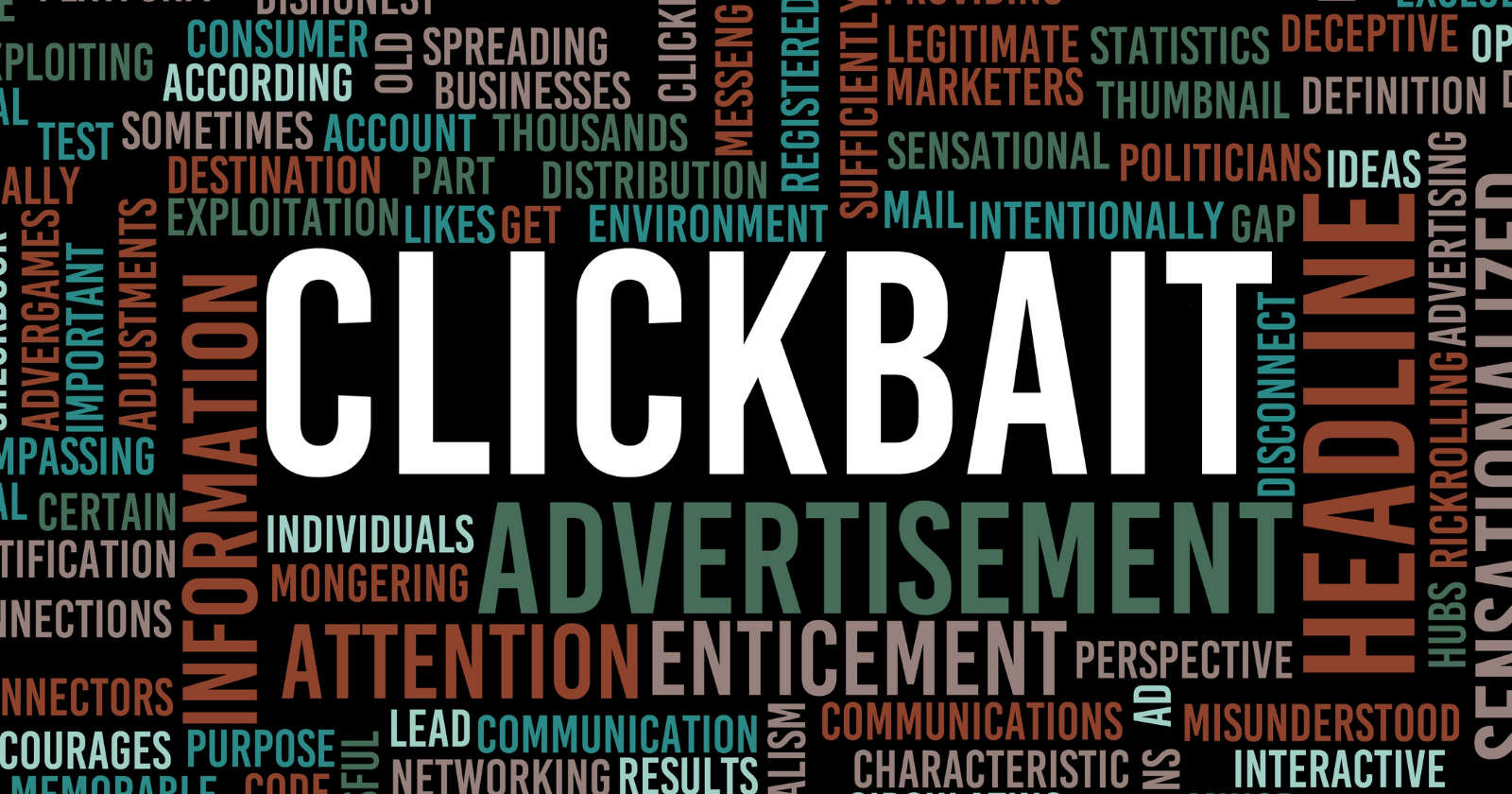As marketers, we’re tasked to create awareness, demand, and authority for the brands we represent. We want users to think we’re the best in the business.
Some common ways we can create awareness and brand authority include:
- Promoting positive perceptions of the brand.
- Stating how the user benefits from the product.
- Showcasing differentiation from the competition.
However, there’s a misconception in today’s world that effective marketing requires puffery – or exaggerating claims to an extreme level to promote your brand.
Using puffery as a marketing tactic can make or break your brand.
On one hand, puffery helps capture the audience’s attention and can help mold a brand image.
On the other hand, puffery advertising can have negative consequences on your brand image.
In this post, let’s take a closer look at puffery in advertising and the hows and whys it can harm your brand.
What Is Puffery?
While puffery is not new to the world, the definition of the term has changed throughout the centuries.
In today’s world, puffery is a statement that uses exaggeration and/or hyperbole to promote a product or service.
Puffery is all around you whether you know it or not. A few common examples of puffery advertising you may have heard:
- World’s best product.
- Best in the business.
- Tastes better.
- Looks better.
The examples above may seem tame to you.
Other puffery advertising makes sometimes completely unbelievable claims, like claiming their beer is as cold as the Rockies.
As cold as the Rockies? You heard that right. That’s exactly what Coors Light claimed in their advertising.
 Image credit: Screenshot taken by author from coorslight.com, July 2022
Image credit: Screenshot taken by author from coorslight.com, July 2022Since straying away from its previous “World’s Most Refreshing Beer” slogan, Coors Light has successfully marketed its Rockies temperature comparison to elude that it is the most refreshing beer. They’ve also gone as far as trademarking the slogan so competitors can’t use it.
Is Puffery Advertising Legal?
This is a common question asked on Google.
While puffery is considered legal advertising, it becomes illegal when it crosses the boundary of false advertising.
However, the boundary between puffery and false advertising can be vague at times. We know this because of real-life marketing examples with false claims.
The main difference between puffery and false advertising is that puffery relies on subjective statements, which are based on opinion. Objective statements are based on fact.
If an incorrect claim is based on fact, it becomes false advertising.
So, who gets to decide what is considered unlawful advertising?
Both the federal and state governments regulate advertising laws. The Federal Trade Commission (FTC) is the main group that oversees and enforces laws around unlawful advertising. The FTC also:
- Proposes advertising regulations.
- Enforces Truth in Advertising laws that are applied to all businesses.
- Regulate specific sensitive industries, such as alcohol, tobacco, and nutrition supplements.
At the state level, individual states can set rules and take action on enforcing such rules, typically through the Attorney General’s office.
The Lanham Act in 1946 enforced that false advertising is illegal, as well as trademark violations. While many companies have and continue to comply with this law, violations and lawsuits still occur to this date.
If your brand makes an objective claim, whether intentional or not, you can be faced with serious lawsuits and implications.
Puffery Examples
While puffery is still somewhat common in advertising, some brands have crossed the line with their claims.
Take 5-Hour Energy. The brand claimed that its energy drink shots were “superior to coffee” and that doctors actually recommended it.
The makers of 5-Hour Energy were found guilty of violating the Consumer Protection Act and using ads to mislead users. As a result, the brand had to pay $4.3 million in penalties and fees.
Another brand image damaged by false advertising was L’Oreal. The brand claimed its Lancôme Génifique and Youth Code products prevented skin aging by “boosting genes” in users. The company also used the phrase “clinically proven” behind its claims.
Now, if L’Oreal had scientific studies to back up its claims, it wouldn’t be a problem. However, the lawsuit concluded that L’Oreal did not conduct any scientific studies to support those product abilities.
The result? While no monetary fines were given, the FTC banned L’Oreal from using any anti-aging claims or using “clinically proven” without providing conclusive evidence that supports it.
Why Is Puffery Bad For Your Brand’s Reputation?
Considering the examples above, the most obvious reasons that puffery is bad for your brand include:
- Monetary implications.
- Reputational damage.
If your brand cannot substantiate outrageous claims, you could be hit with hefty lawsuits. For any business big or small, this could mean the end of your brand.
From a personal standpoint, your brand reputation could seriously suffer from puffery.
If consumers are let down by certain claims from a product, you’ve likely lost that trust in them. Do you think it’s likely they’ll recommend your product to a friend after that?
Probably not.
So, while you may have gotten an initial sale from a consumer using puffery claims, you may have damaged a long-term relationship with that customer.
Potentially, you may lose future customers from negative word-of-mouth.
How To Stay Puff-Proof
We know there’s a thin line between puffery and false advertising. We also know there are monetary and reputation implications from using puffery.
Let’s recap the do’s and don’ts to avoid false advertising for your brand.
- Don’t leave out facts. If you’re making a claim about a product that’s backed up by facts, make sure you include them. This is a protective measure for your brand in the case of any legal issues that come your way.
- Don’t make exaggerated claims. Many brands are guilty of this, whether innocent or intentional. Make claims that are true to your brand and can be confirmed.
- Don’t make false promises. This is the best way to lose a customer. As a brand, consumers are looking to you to help them solve a problem. If you fail to deliver on that promise, you’re on your way to losing loyal customers.
- Be truthful about pricing. Another way to lose customers is to not be transparent about pricing. If you offer a trial where a user has to opt out, tell them that.
- Review industry and agency guidelines. Certain industries are highly regulated, such as supplements and alcohol. Always review the latest laws and guidelines of your industry.
- Back up claims. Again, the best way to protect your brand is with facts. Even if you do have an outrageous claim, backing it up with facts will protect you from lawsuits and win you over in the eyes of a consumer.
- Ensure advertised products are available to users. Nothing’s worse to a consumer when they see a product advertised but find it unavailable. Keep up-to-date on your inventory to ensure a good customer experience.
Wrap Up
While puffery is considered legal and can be powerful at times, it can also lead to the downfall of your brand.
Not only is puffery a monetary risk, but there’s also a reputation risk which can sometimes be even more damaging.
Use these examples above to remind yourself what not to do in advertising, as well as the do’s and don’ts to ensure you have a puff-proof marketing strategy in the future.
More Resources:
- 12 Of The Best Tools To Monitor Your Online Reputation
- 10 Top Advertising Campaigns & Why They Work
- Content Marketing: The Ultimate Beginner’s Guide to What Works
Featured Image: kentoh/Shutterstock





